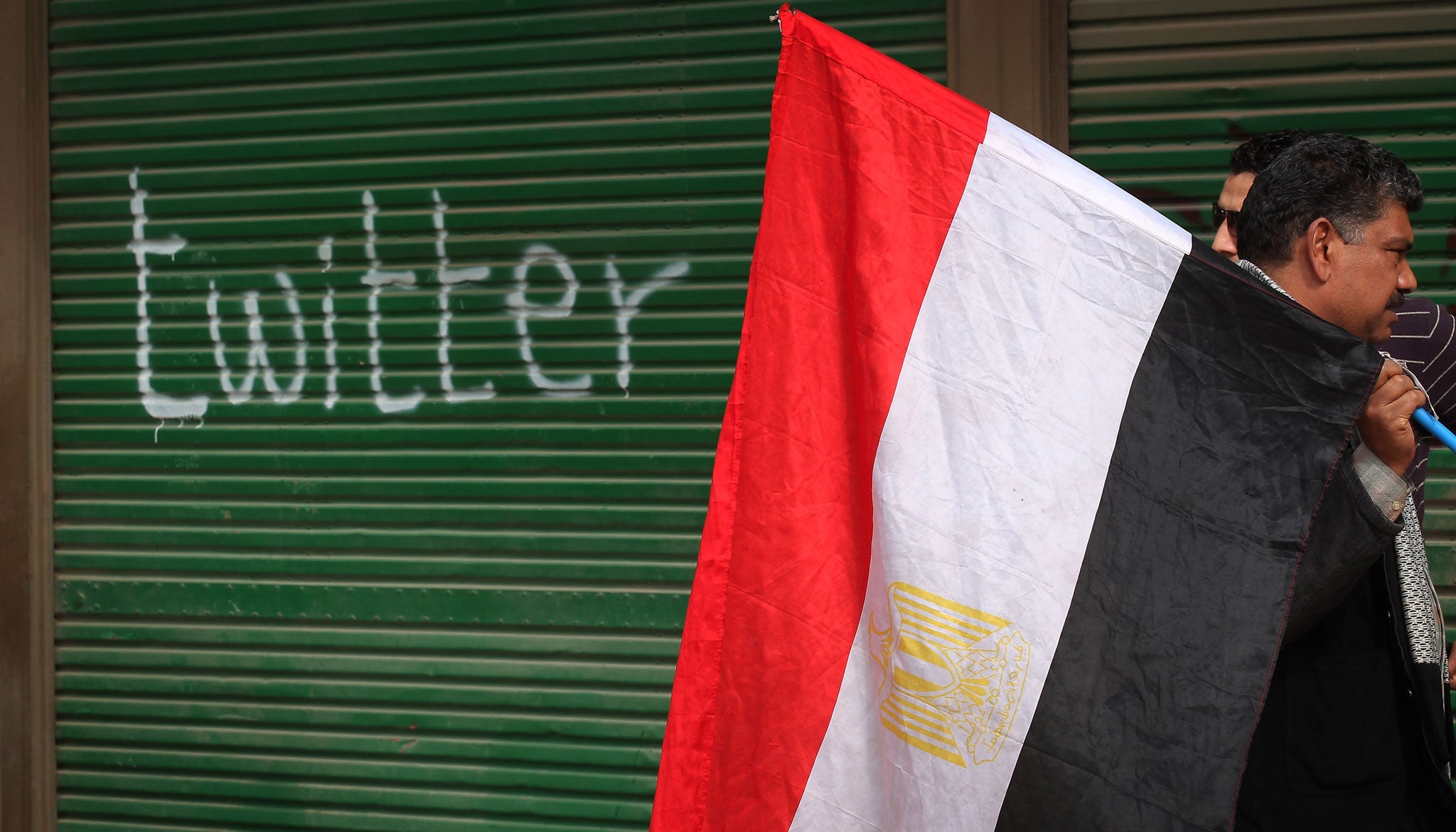When millions are shouting, can we hear anyone?
Twitter has rightfully been praised for fostering an explosion of citizen journalism, but worthwhile content on the forum seems the exception to the rule.

Your support helps us to tell the story
From reproductive rights to climate change to Big Tech, The Independent is on the ground when the story is developing. Whether it's investigating the financials of Elon Musk's pro-Trump PAC or producing our latest documentary, 'The A Word', which shines a light on the American women fighting for reproductive rights, we know how important it is to parse out the facts from the messaging.
At such a critical moment in US history, we need reporters on the ground. Your donation allows us to keep sending journalists to speak to both sides of the story.
The Independent is trusted by Americans across the entire political spectrum. And unlike many other quality news outlets, we choose not to lock Americans out of our reporting and analysis with paywalls. We believe quality journalism should be available to everyone, paid for by those who can afford it.
Your support makes all the difference.George Galloway blocked me on Twitter. I tweeted him, he read what it said and then headed for the block button. No conversation, no debate, no nothing.
He won't remember what I said to him and he won't remember blocking me. And nor should he. The reality is that I am just another person on Twitter. I am of little significance to him or to anyone else. I'm just another face in an incredibly large crowd. George will have read my tweet, blocked me and immediately forgotten I existed.
We like to think that Twitter is something rather special. We like to think it gives a platform to previously silenced people who can now make their voice heard. Social media, the cliché says, is changing the world. But when millions of people are all shouting at once can we really hear anybody?
Many of us have rightly heaped praise on Twitter over the past few years. It played an important role in the Arab Spring, helping a generation of people who believed in a better life to communicate and co-ordinate their efforts, ending the rule of oppressive regimes. The tweets of an IT consultant in Northern Pakistan provided an unlikely live commentary of the US Army ending their near decade long quest to find Osama bin Laden. The rise of citizen journalism is forcing news agencies to adapt to a world where they no longer have a monopoly on the facts. Twitter has no doubt done a lot of good.
But all this seems to be the exception, not the rule. On Twitter right now there are millions of people with something to say, and millions of others not listening. Grammatically-deficient hashtags take pride of place in the "Top Trends" whilst tweets telling of human rights abuses make little impact. Real stories get lost among the pictures of peoples' dinners and the joke about "hamburgers" being an anagram of "shergar bum", as tweeted by pretty much everyone in existence. In a world where we all have something to say it can be incredibly hard to make anybody listen. People who are already famous make the biggest impact. Well-established news agencies are still trusted and used by the majority. It's not as simple as logging on and talking to the world.
In the end, what I said to George Galloway doesn't even matter. He didn't have an epiphany and he didn't change his opinions. He just didn't really care and nobody else did either. I didn't change the world.
And I didn't even get to swear at him.
Kevin Anderson is studying an MSc in Investigative Journalism at the University of Strathclyde
Join our commenting forum
Join thought-provoking conversations, follow other Independent readers and see their replies
0Comments